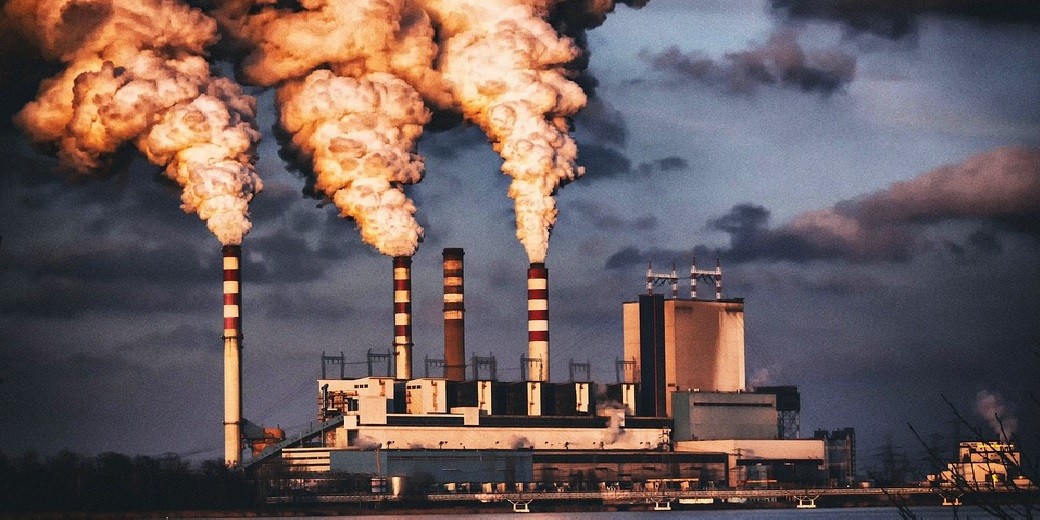Air pollution may contribute to increased antibiotic resistance in organisms, according to a new study. New data shows that resistance to antibiotics increases with higher levels of fine particles in the air, which are produced as a result of combustion engine emissions.
The primary cause of antibiotic resistance remains inappropriate use of medicines. However, recent data suggest that the problem may be exacerbated by air pollution.
Antibiotic resistance is considered one of the top 10 global health threats by the World Health Organization.
The researchers used data from more than a hundred countries collected over two decades. Their findings were published in the journal Lancet Planetary Health.
An analysis of data from more than 100 countries over two decades found that increased air pollution correlated with higher levels of antibiotic resistance across all countries and continents.
According to the researchers, this association was “consistent across the globe for most antibiotic-resistant bacteria”.
The study showed that antibiotic resistance increased concurrently with increases in airborne particulate matter (PM2.5), which is produced by burning fuel in engines and can enter the lungs and bloodstream.
“Over time, this relationship has strengthened, with changes in PM2.5 levels leading to a more significant increase in resistance in recent years,” the researchers said. Particularly high levels of particulate matter and antibiotic resistance were found in North Africa, the Middle East and South Asia.
The researchers believe these findings open up new avenues for tackling resistance from an environmental perspective.
“Antibiotic resistance and air pollution are among the most serious threats to global public health. Controlling air pollution could have a dual benefit: not only reducing the harmful effects of poor air quality, but also playing a crucial role in combating the growth and spread of resistant bacteria,” said Professor Hong Chen of Zhejiang University, one of the study’s authors.
Antibiotic resistance is considered one of the fastest growing threats to global public health. According to a separate Lancet study, approximately 1.27 million people will die in 2019 due to bacterial resistance to antimicrobial drugs.
The United Nations estimates that if the situation does not change radically, up to 10 million people could die from superbugs and related forms of antimicrobial resistance by 2050, comparable to the annual global death toll from cancer.
The authors of the study did not set out to determine the reasons for the correlation between air pollution and antibiotic resistance; their goal was simply to identify the pattern. They acknowledge that the lack of data from certain countries may have affected the overall analysis.

According to the scientists, solid PM2.5 particles can carry antibiotic-resistant bacteria with their resistance genes, which can move between environments and enter the lungs directly when inhaled.
To date, there is limited data on the global impact of PM2.5 pollution on antibiotic resistance.
The term PM2.5 refers to microparticles that are 30 times smaller than the thickness of a human hair. Major sources of PM2.5 include vehicular traffic, industrial processes, coal combustion, and residential wood burning.
It is estimated that approximately 7.3 billion people worldwide are exposed to unsafe annual average levels of PM2.5.
To investigate whether PM2.5 is a key factor in determining global antibiotic resistance, the authors collected extensive data based on statistics from 116 countries from 2000 to 2018.
Their sources included data from the World Health Organization, the European Environment Agency, and the World Bank.
The data show that antibiotic resistance increases with higher PM2.5 levels: every 10% increase in air pollution corresponds to a 1.1% increase in antibiotic resistance.
This correlation strengthens over time, with recent changes in PM2.5 levels leading to more significant increases in resistance.
The authors believe that future research should focus on understanding the fundamental mechanism by which air pollution affects antibiotic resistance.

